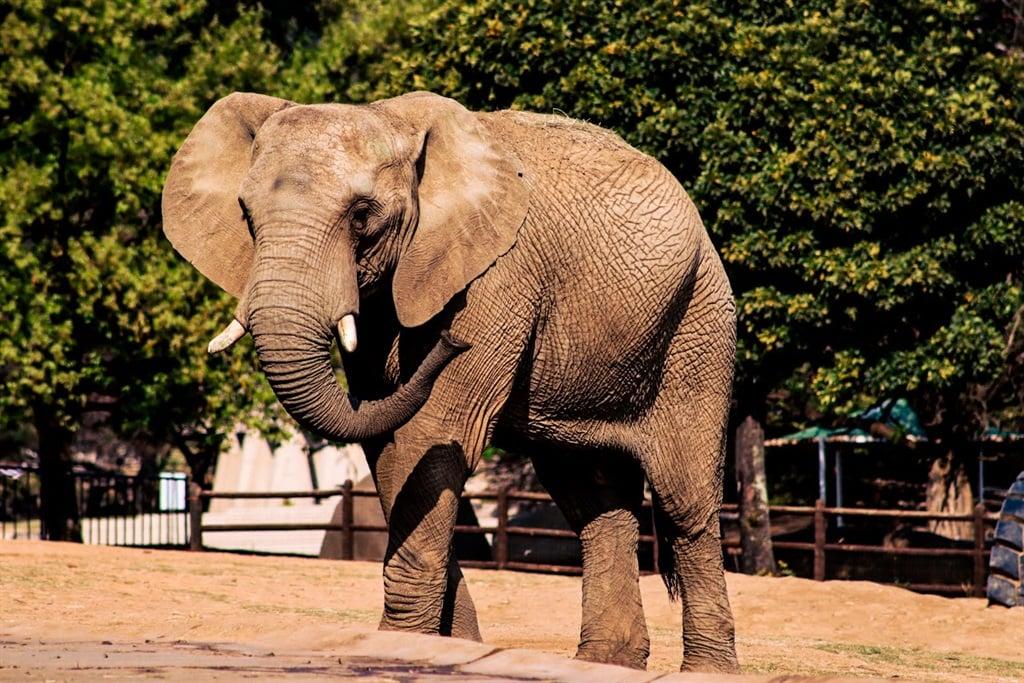Africa-Press – South-Africa. The ongoing Convention on International Trade in Endangered Species of Wild Fauna and Flora (Cites), in Panama, placed a temporary ban on live elephant exports from Africa and shut the door on the ivory trade.
The brief ban has compromised countries, such as Zimbabwe and Namibia, who have been trading in live elephants.
On 6 March this year, Namibia announced that 22 live, wild-caught elephants had been exported to the United Arab Emirates, in what it called a private transaction, amid an outcry by animal activists.
In 2019, Zimbabwe sold more than 90 elephants to China and Dubai.
The government said the money raised would be used for conservation efforts.
Foundation Franz Weber (FFW), which has been working for the protection of African elephants since 1975, and is an observer at the Cites meeting, said: “The African countries will now enter into a dialogue to try to find common ground on the issue.”
The 18th Conference of the Parties voted in 2019 to restrict live elephant exports to conservation sites within the species’ natural range, except in exceptional cases.
At the time, it was agreed that exporting elephants to zoos across the world had a negative impact on conservation.
But Zimbabwe and Namibia took advantage of legal uncertainties and continued to capture wild elephants.
The moratorium
To address this lack of legal clarity that Namibia and Zimbabwe capitalised on, many members of the African Elephant Coalition (AEC), an association of more than 30 African nations, made a proposal at the Cites meeting.
The European Union (EU), also at the Cites meeting, proposed to establish a dialogue between the AEC and those southern African countries who want to sell their elephants.
The EU suggestion was taken up and this means a brief ban as countries engage on the matter.
“This landmark decision will temporarily protect elephants – at least until the Cites parties make a final decision,” said FFW.
No to the ivory trade
Zimbabwe went to the Cites meeting with a proposal to allow countries, with stockpiles of ivory, to be allowed to auction them.
But Kenya went there with another idea – to create a fund for countries with stockpiles to be compensated for burning the ivory.
In 2016, Kenya burnt a stockpile of ivory, worth about R2 billion, to show their commitment to saving Africa’s elephants.
While the suggestion for a fund by Kenya is being looked into, Zimbabwe’s plea was outright rejected.
FFW said:
According to Zimbabwe’s bid, “Cites has acted as an inhibitor and not an enabler of progress”.
The country also noted that Cites has “repeatedly discounted the importance of the southern African elephant population and its conservation needs against other regions in Africa”.
For the first time, India abstained from voting on the proposal to allow the commercial sale of ivory from African elephants.
India has long been against the ivory trade.
The stance by India came amid claims that Namibia sought India’s help to reverse the ban on the global ivory trade as part of its deal to transfer African cheetahs.
For More News And Analysis About South-Africa Follow Africa-Press






